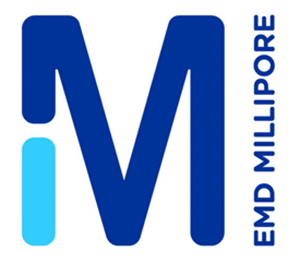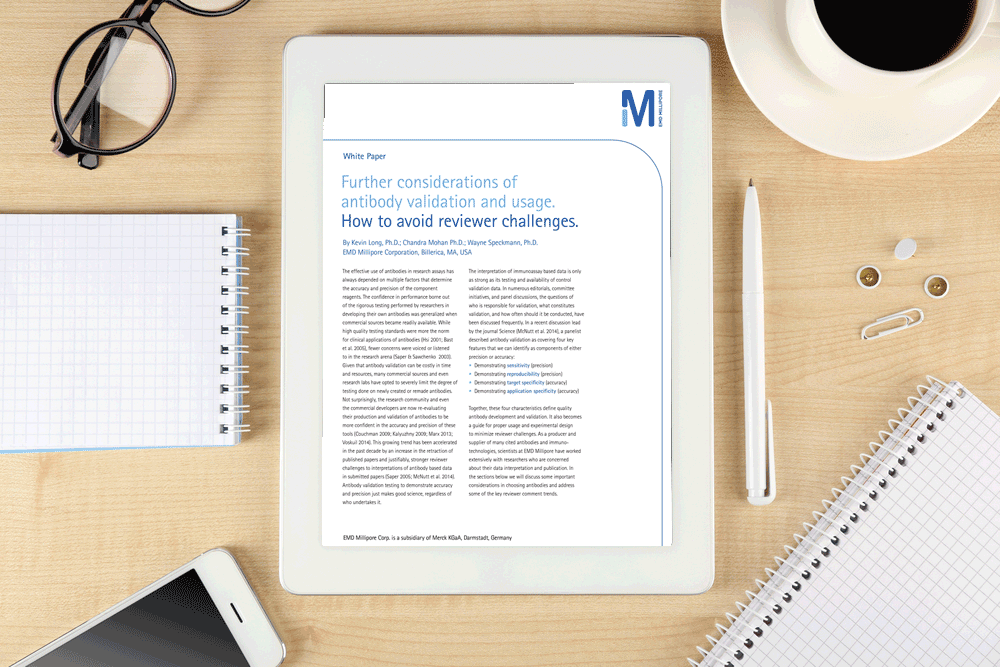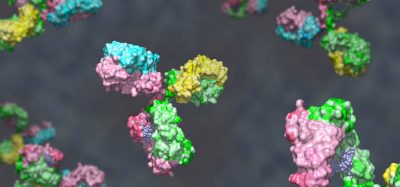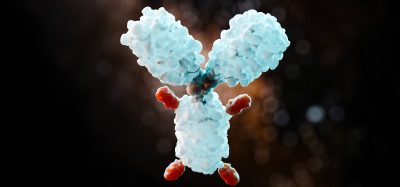Whitepaper: Further considerations of antibody validation and usage – how to avoid reviewer challenges
Posted: 2 June 2016 | Merck KGaA | No comments yet
The effective use of antibodies in research assays has always depended on multiple factors that determine the accuracy and precision of the component reagents…
The effective use of antibodies in research assays has always depended on multiple factors that determine the accuracy and precision of the component reagents. The confidence in performance borne out of the rigorous testing performed by researchers in developing their own antibodies was generalized when commercial sources became readily available.
While high quality testing standards were more the norm for clinical applications of antibodies (Hsi 2001; Bast et al. 2005), fewer concerns were voiced or listened to in the research arena (Saper & Sawchenko 2003). Given that antibody validation can be costly in time and resources, many commercial sources and even research labs have opted to severely limit the degree of testing done on newly created or remade antibodies. Not surprisingly, the research community and even the commercial developers are now re-evaluating their production and validation of antibodies to be more confident in the accuracy and precision of these tools (Couchman 2009; Kalyuzhny 2009; Marx 2013; Voskuil 2014).
This growing trend has been accelerated in the past decade by an increase in the retraction of published papers and justifiably, stronger reviewer challenges to interpretations of antibody based data in submitted papers (Saper 2005; McNutt et al. 2014). Antibody validation testing to demonstrate accuracy and precision just makes good science, regardless of who undertakes it.
The interpretation of immunoassay based data is only as strong as its testing and availability of control validation data. In numerous editorials, committee initiatives, and panel discussions, the questions of who is responsible for validation, what constitutes validation, and how often should it be conducted, have been discussed frequently. In a recent discussion lead by the journal Science (McNutt et al. 2014), a panelist described antibody validation as covering four key features that we can identify as components of either precision or accuracy:
- Demonstrating sensitivity (precision)
- Demonstrating reproducibility (precision)
- Demonstrating target specificity (accuracy)
- Demonstrating application specificity (accuracy)
Together, these four characteristics define quality antibody development and validation. It also becomes a guide for proper usage and experimental design to minimize reviewer challenges. As a producer and supplier of many cited antibodies and immunotechnologies, scientists at EMD Millipore have worked extensively with researchers who are concerned about their data interpretation and publication. In the sections below we will discuss some important considerations in choosing antibodies and address some of the key reviewer comment trends.
This whitepaper is restricted - login or subscribe free to access
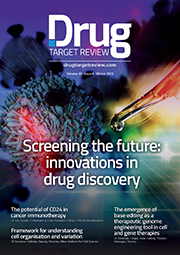

Why subscribe? Join our growing community of thousands of industry professionals and gain access to:
- quarterly issues in print and/or digital format
- case studies, whitepapers, webinars and industry-leading content
- breaking news and features
- our extensive online archive of thousands of articles and years of past issues
- ...And it's all free!
Click here to Subscribe today Login here
Related content from this organisation
- Turning AI into a biological design engine
- Biotech leader champions targeted cancer treatments and diversity
- Product hub: Light the path to your next neuroscience discovery with a new ultrasensitive NF-L immunoassay
- A high-throughput macrodomain assay to identify coronavirus drugs
- Building a powerful portfolio of sepsis biomarker signatures for therapeutic clinical trials
Related topics
Antibodies, Antibody Discovery
Related organisations
Merck KGaA



